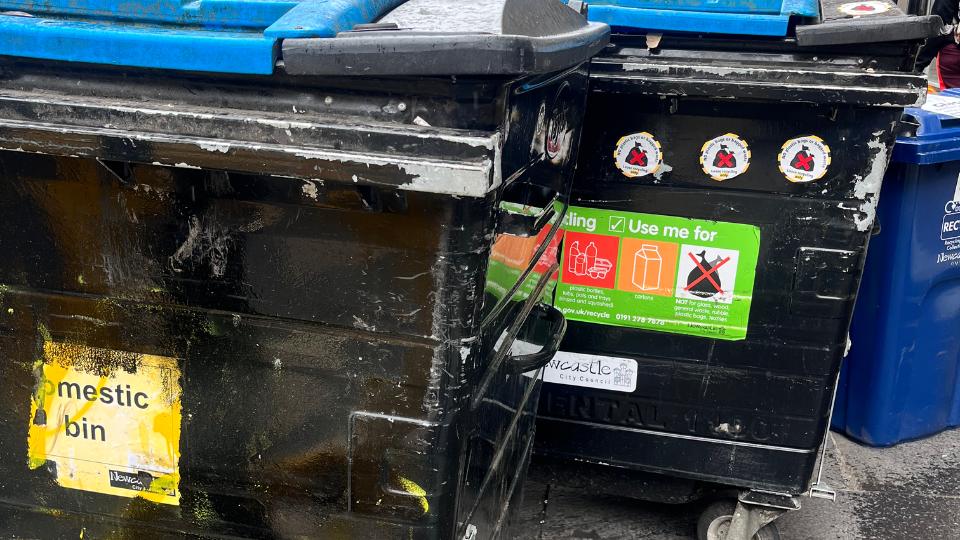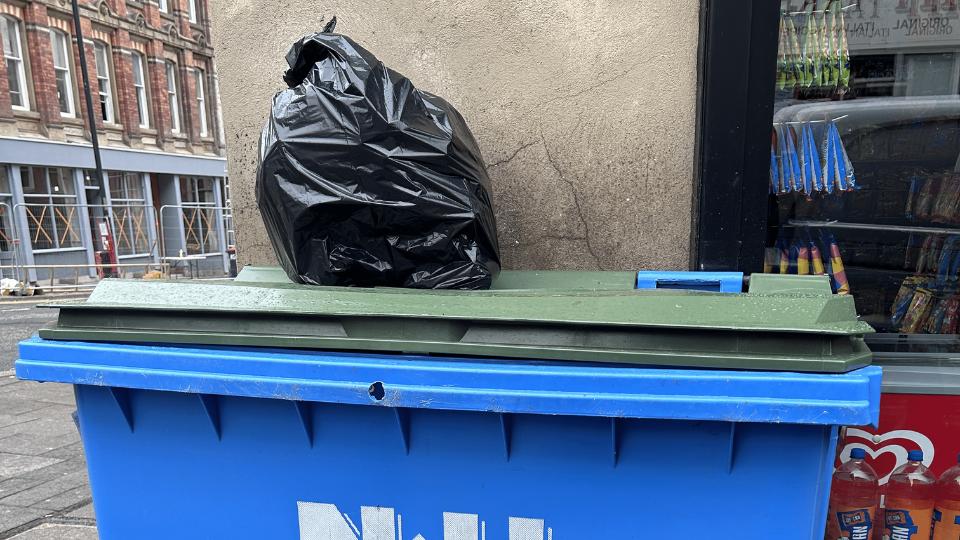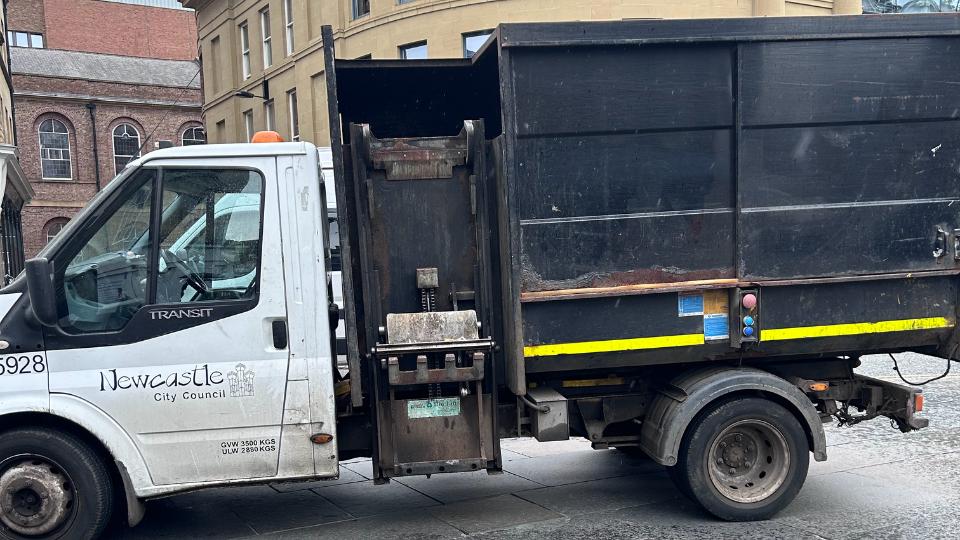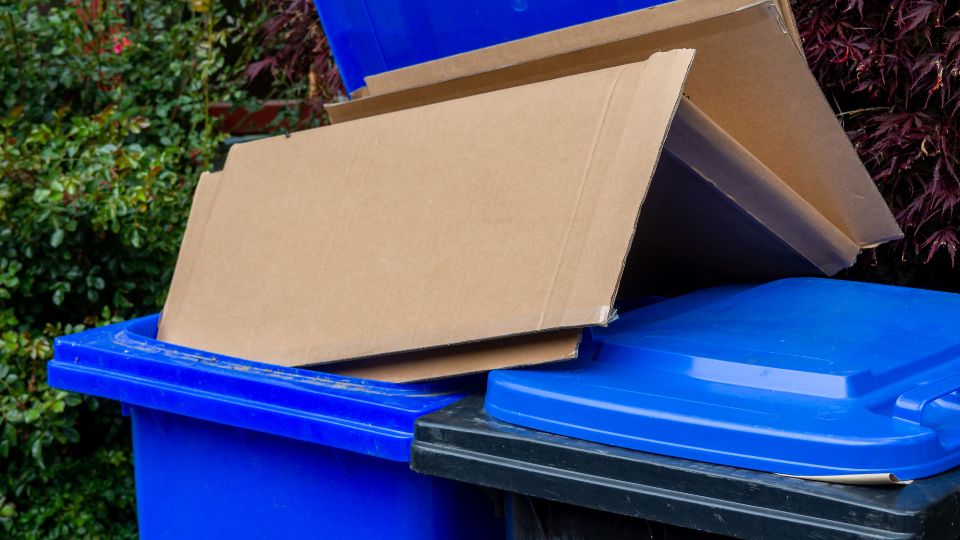
Understanding what items should go in your general waste bin as a business owner in the UK is tricky.
Managing waste efficiently is crucial not only for regulatory compliance but also for promoting environmental sustainability.
Understanding what items fall under the category of general waste is essential to streamline your waste management process.
This guide will help you identify general waste items and provide tips on how to handle them responsibly.
Table of Contents

What is General Waste?
General waste includes items that cannot be recycled, reused, or composted.
These items typically end up in landfills or are incinerated.
Proper segregation of general waste from recyclable and hazardous waste is vital for effective waste management.
Common Items Classified as General Waste
- Food Wrappings and Packaging: Non-recyclable plastic wrappers, polystyrene, and contaminated packaging.
- Non-recyclable Plastics: Certain types of plastic bags, cling film, and some packaging materials.
Cigarette butts fall under non-recyclable plastics as they contain plastic filters and hazardous materials that cannot be recycled with regular waste.
- Non-recyclable Paper Products: Tissues, paper towels, and laminated paper.
- Miscellaneous Items: Non-recyclable office supplies (e.g., pens, markers), polystyrene foam, and non-recyclable textiles.
- Textiles & Fabrics: Unusable and non-recyclable clothing, textiles and linens. Some clothes can be recycled so make sure you always double check.

Best Practices for Managing General Waste
Here are some of our top tips for managing your general waste:
1. Segregate Waste at the Source
Ensure that general waste is separated from recyclable and hazardous waste.
Use clearly labelled bins to facilitate proper disposal by employees and customers.
2. Regular Training
Educate your staff on waste segregation and the importance of reducing general waste.
Regular training sessions can help maintain compliance and promote a culture of sustainability.
3. Reduce and Reuse
Encourage the reduction of waste by minimising the use of non-recyclable materials.
Implementing practices such as using reusable containers and encouraging digital documentation can significantly cut down on general waste.
4. Work with a Reliable Waste Management Service
Partner with a waste management service (just like us!) that understands the requirements of your business and can provide appropriate bins, regular collection, and environmentally friendly disposal methods.

Conclusion
Proper management of general waste is crucial for UK businesses to ensure regulatory compliance and environmental sustainability.
By segregating waste, training staff, reducing waste generation, and partnering with reliable waste management services, businesses can effectively handle their waste.
This not only maintains a clean workplace but also demonstrates a commitment to environmental responsibility, enhancing your business’s reputation and efficiency.







